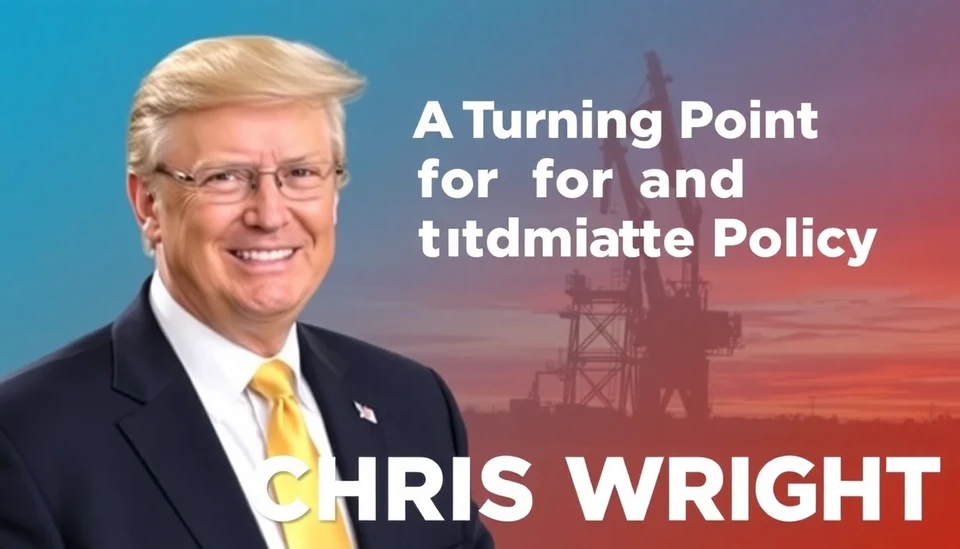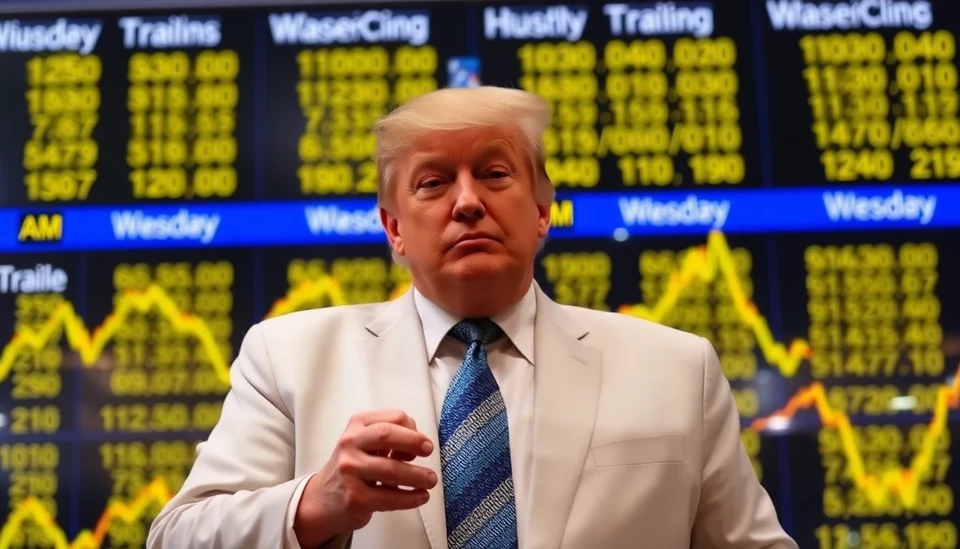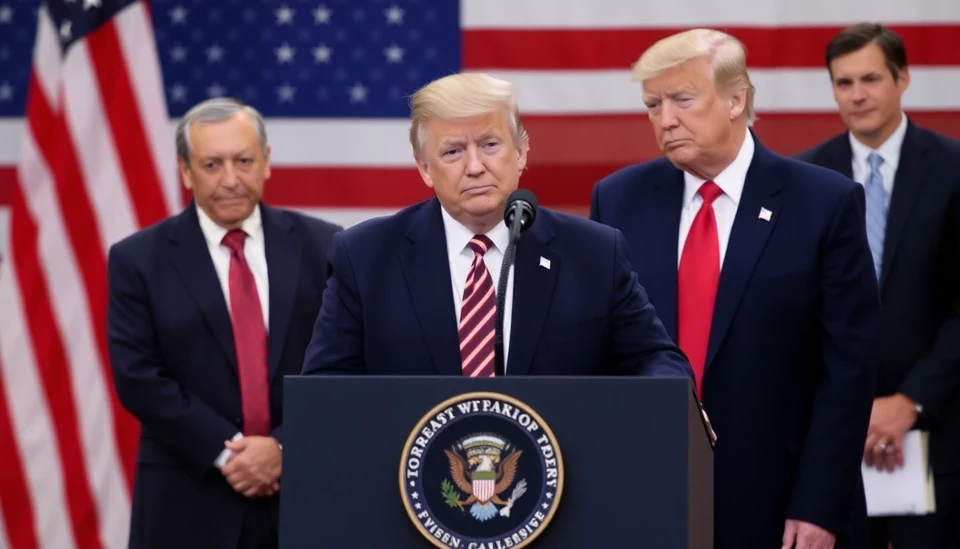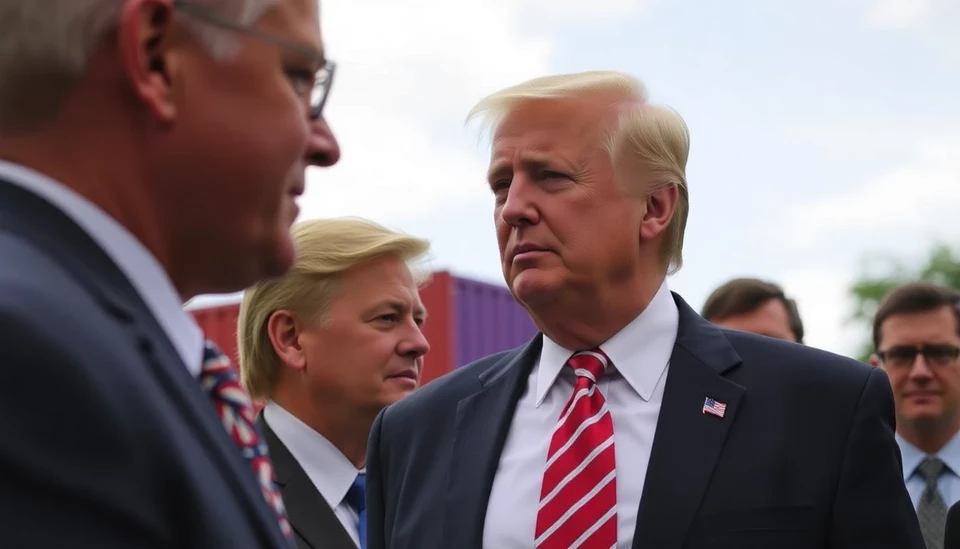
Former President Donald Trump’s recent nomination of Chris Wright to lead the U.S. Energy Department has stirred significant discussion regarding the future of energy policy in the United States. Known for his strong views on fossil fuels and climate change skepticism, Wright's appointment is particularly pivotal given the current global emphasis on clean energy and sustainable practices.
Wright, who has a notable background as the CEO of Liberty Energy, is expected to reshape the Energy Department’s policies in favor of expanded fossil fuel production. His outlook aligns with the longstanding Trump administration approach that favors deregulation and prioritizes energy independence through traditional energy sources. Observers are keenly aware of the potential implications this nomination holds for both domestic energy markets and international climate commitments.
Supporters of Wright’s nomination argue that his industry experience and advocacy for natural gas could lead to a stronger American energy sector, potentially reducing reliance on foreign oil. They assert that embracing natural gas as a transition fuel might be necessary to ensure economic stability while exploring more renewable alternatives in the future.
However, environmental advocates are sounding alarms over Wright's track record. His previous comments and positions strongly challenge the scientific consensus on climate change, leading to concerns about the potential rollback of policies intended to mitigate environmental impact. Critics fear that under Wright's leadership, the Energy Department could pivot further away from regulations that promote cleaner energy sources and combat global warming. This could adversely impact international climate agreements and commitments made by the U.S. since the Paris Accord.
The implications of Wright's nomination extend beyond domestic energy policies. Internationally, if the U.S. signals a retreat from climate leadership, it could hinder global efforts to address climate change, exacerbating tensions between countries striving to meet their sustainability targets and those unwilling to reduce fossil fuel reliance.
As the nomination process unfolds, it remains to be seen how Congress will respond to Wright’s appointment. While some lawmakers may support his vision for energy independence, others may contest it given the increasing climate crisis and growing public demand for robust environmental policies. The ultimate confirmation of Wright could lead to heated debates that test the balance between energy production priorities and environmental stewardship.
This nomination places Trump at a critical crossroads, balancing the interests of his fossil fuel-focused base with the growing urgency for progressive climate action. How this situation develops will have lasting consequences for both U.S. energy policy and international climate strategies in the coming years.
As debates heat up and interest in energy policies continues to grow, Chris Wright's potential leadership awaits further scrutiny.
#Trump #ChrisWright #EnergyPolicy #FossilFuels #ClimateChange #NaturalGas #SustainableEnergy #LibertyEnergy #USPolitics #EnvironmentalRegulations
Author: Megan Clarke




